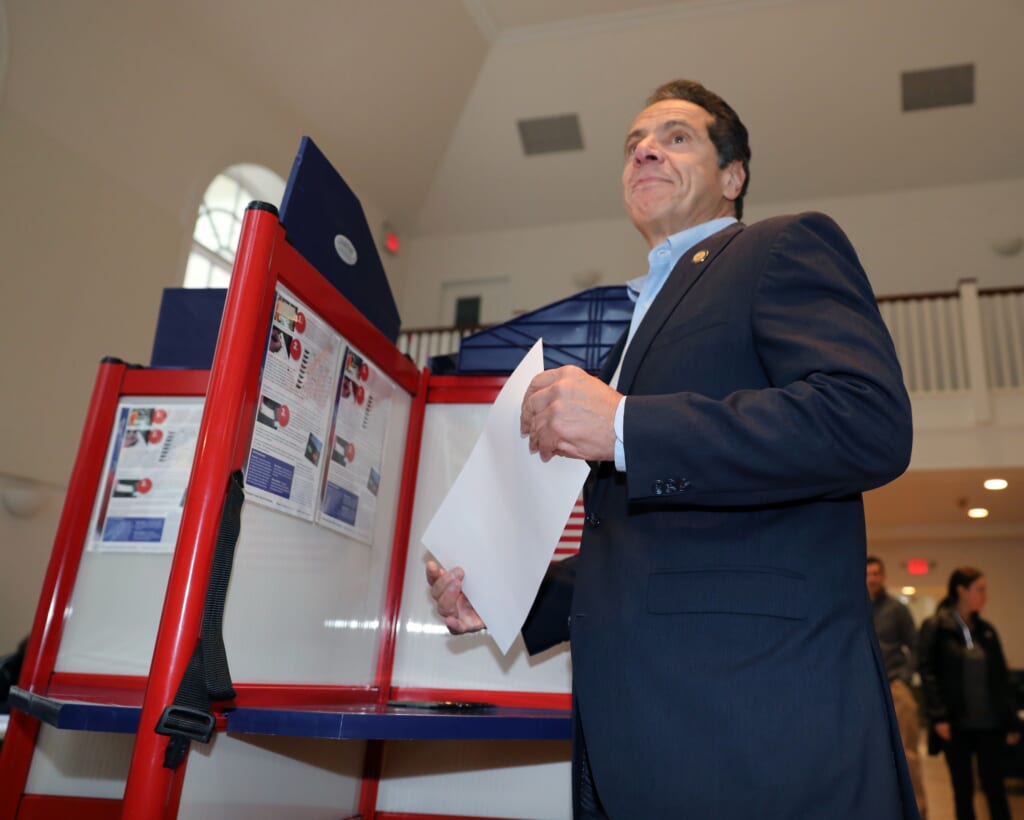New York State Legalized Gambling
Posted : admin On 7/28/2022New laws in 1997 essentially outlawed the practice without explicitly outlawing it. Talks of bringing back these so-called “cruises to nowhere” have ignited new interest in state gaming regulations. New York Charitable Gaming Law – Charitable gambling is a huge industry in New York thanks to liberal regulations and limited enforcement. Andrew Cuomo wants 2019 to be the year legal sports betting comes to his state. 'Let's authorize sports betting in the upstate casinos,' Cuomo said Tuesday early in his State of the. Senate Bill 7900 sought to legalize sports betting at state casinos on the condition that federal law changes to allow states such as New York to regulate sports wagers This legislation would have permitted online and mobile wagering, authorized the Gaming Commission to establish regulations and called for a tax rate of 8.5%.

New York is home to a number of regulated gambling markets. The state’s lottery is popular and long-lived. Pari-mutuel wagering is practically a state pastime. Tribal gambling and class-II commercial gambling is easily-accessible for most of the state’s millions of citizens. Charitable games are regulated but allowed, and quite popular under liberal legal conditions.
But some areas of state law are not as clear. In order to understand the legality of more modern contests like daily fantasy sports or online gambling in general, we need to understand the spirit of New York’s criminal code and not just the letter of its code of laws.
New York state law defines gambling as “… the risking of something of value on a future outcome” that is beyond the control of influence of the bettor. In order to be illegal gambling, there must be an expectation of something of value “if a certain outcome occurs.” The longer definition is available in Section 225.00(2) of the state constitution.
Since the full definition includes a requirement that a person be wagering on a “contest of chance,” it’s nice that the phrase contest of chance is defined further down in the law. A game is a contest of chance if “… the outcome depends in a material degree upon an element of chance, notwithstanding that skill of the contestants may also be a factor therein.”
We added some emphasis there to showcase that basically any game that involves even the slightest chance element is considered illegal gambling. In other words, there is no consideration for skill involved in a game. Unless New York legislators legalize a gambling game, it is illegal.

As for the state’s legal gaming options, the most popular is the New York Lottery. More New Yorkers buy lottery tickets than citizens of any state, with greater than 92% participation, according to figures released by the state each summer. New York’s lottery is the second-oldest in the country, active since the late 1960s.
The second most-popular legal gamble for New Yorkers is the state’s twenty tribal facilities. Some of these are tiny racinos, with a few slot and video poker games alongside a simulcast betting window. Still others are massive Vegas-style resorts with giant gaming floors, live dealer tables, and thousands of slot and video poker titles.
New York State Legalized Gambling July 2020
Charitable gambling laws in the state are such that operators of charitable games are allowed to offer raffles, bingo, and select casino-style games that benefit a rotating schedule of non-profit groups. This has led to a local industry specializing in the operation of charity events in static locations. Charitable laws are complex, and if you want to operate one legally you’ll need a specific permit from the city.
New York State Legalized Gambling
Social gambling is not allowed in New York, by law. A single line was added to existing gaming laws in the 1990s that explicitly outlawed the practice of hosting private games of chance and skill in a home or business, even with a legitimate relationship between all players or in cases where a game without house odds is played and the host isn’t compensated at all. New York has some of the toughest anti-private gambling laws in the country.